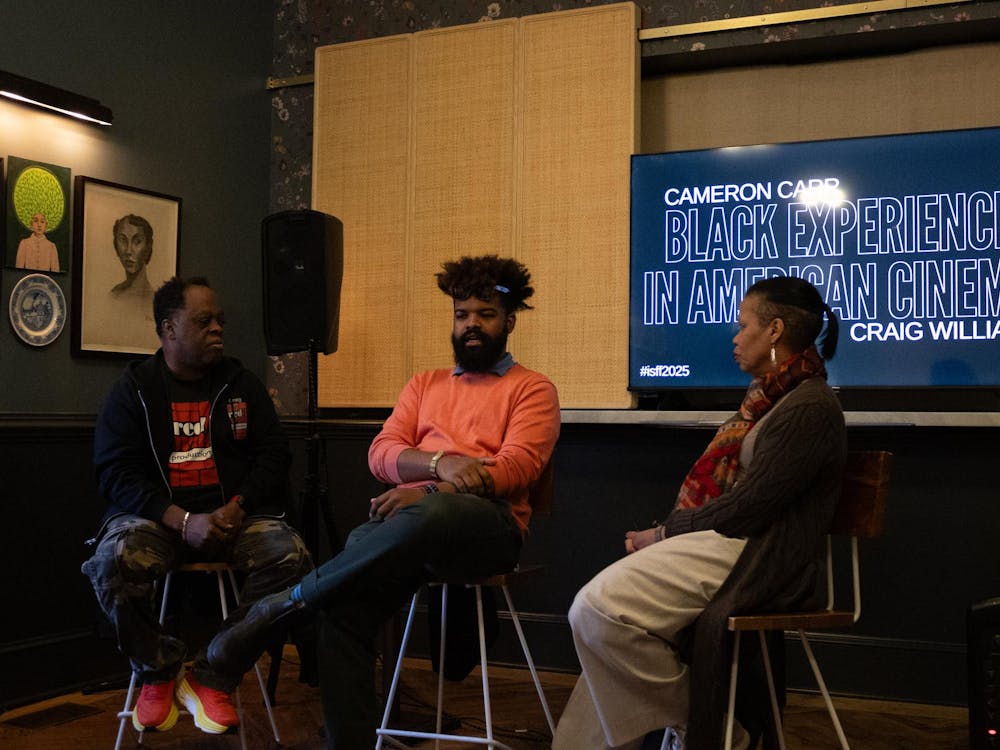People everywhere have dissected and discussed every minute detail of the day that Lee Harvey Oswald shot President John F. Kennedy in the head. Theories abound from books to conspiracy blogs, and Politics Prof. Larry Sabato has contributed his own perspective on the frenzy.
“The Kennedy Half Century,” a documentary produced by the Center for Politics and based on Sabato’s most recent book of the same name, goes beyond obsessive analysis of the brief administration itself and the exact circumstances behind the assassination. Instead, it explores the effects Kennedy’s legacy had on each of his successors, exposing the late president’s lasting, if increasingly subtle, relevance in American politics.
Only a few minutes at the opening of the documentary are devoted to the assassination itself. Though the story is widely retold, it lays an important groundwork — the black and white footage of citizens weeping, stills of Lyndon B. Johnson taking the oath of office, and horrific anecdotes about the blood and gore covering Jackie Kennedy’s face and dress are all familiar.
The remainder of the film is segmented by administration, moving in chronological order from Johnson to George W. Bush to examine Kennedy’s legacy.
The film examines the complex ripples of cause and effect, both positive and negative, created by Kennedy’s early death. Former Speaker of the House Nancy Pelosi and social activist Julian Bond argue that much of the progressive civil rights legislation passed during the late 1960s would not have been successful if Johnson, as a more bi-partisan politician than Kennedy, had not had the opportunity to hold office.
Johnson was able to exploit his connection to Kennedy — whose early death and the period of economic prosperity he enjoyed during his term shaped him into a hero with virtually no negative associations — to strongarm his policies into effect.
One interviewee even mentions that though Kennedy won the 1960 election with just less than 50 percent of the vote, 64 percent of American people claimed to have voted for him in a Gallup poll conducted after his death.
The efforts of various presidents since Johnson to link themselves to Kennedy and his immense popularity emerge as a recurring theme in “The Kennedy Half Century”.
Ronald Reagan made a point of appearing in Berlin as Kennedy had done and invoked the Democrat’s record and legacy regularly. Bill Clinton referenced the Kennedy era as a golden age of American politics that he would strive to return the country to. Even Bush’s tax cuts were reminiscent of similar policies enacted by Kennedy, which were in turn associated with the prosperity of the 60s.
As the footage transitions from black to white, the images from grainy to crisp, and the audio from muffled to clear, Kennedy’s pervasive and lasting legacy is stunningly salient throughout the film.






